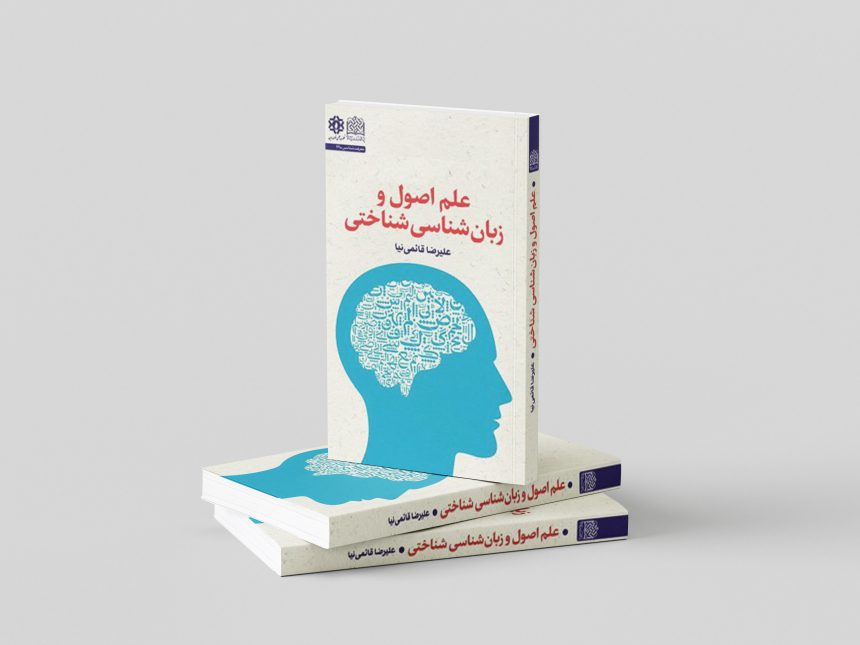A new book entitled ʿIlm-i Uṣūl wa Zabān-shināsī-yi Shinākhtī (The Science of Uṣūl and Cognitive Linguistics), authored by Hujjat al-Islam Alireza Qaemi-nia and published in Persian by the Research Institute for Islamic Culture and Thought has been released. The book comprises 398 pages.
This volume marks a milestone in comparative studies between the longstanding discipline of uṣūl al-fiqh (principles of Islamic jurisprudence) and the contemporary field of cognitive linguistics. It aims to redefine traditional frameworks and open new pathways in jurisprudential reasoning.
In the introduction, Qaemi-nia emphasizes that the incorporation of linguistic sciences—particularly cognitive approaches—into uṣūl is not a peripheral issue but an essential one. He demonstrates how the capacities of cognitive linguistics and cognitive semantics can significantly impact argumentation and discourse in uṣūl, enabling scholars to experience interaction between Islamic disciplines and modern human sciences.
The book introduces original innovations and, beyond comparative analysis, provides a framework for interdisciplinary dialogue and research across philosophy of jurisprudence, uṣūl, linguistics, and cross-disciplinary studies. Its publication is expected to stimulate new scholarly discussions and serve as a guiding resource for those interested in integrating Islamic scholarship with contemporary developments in humanities.








